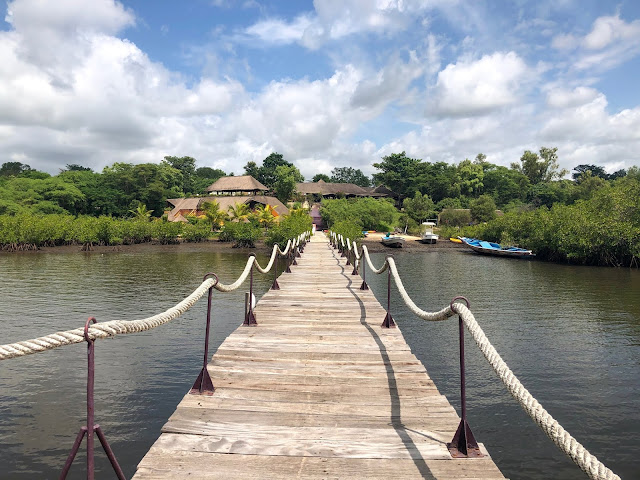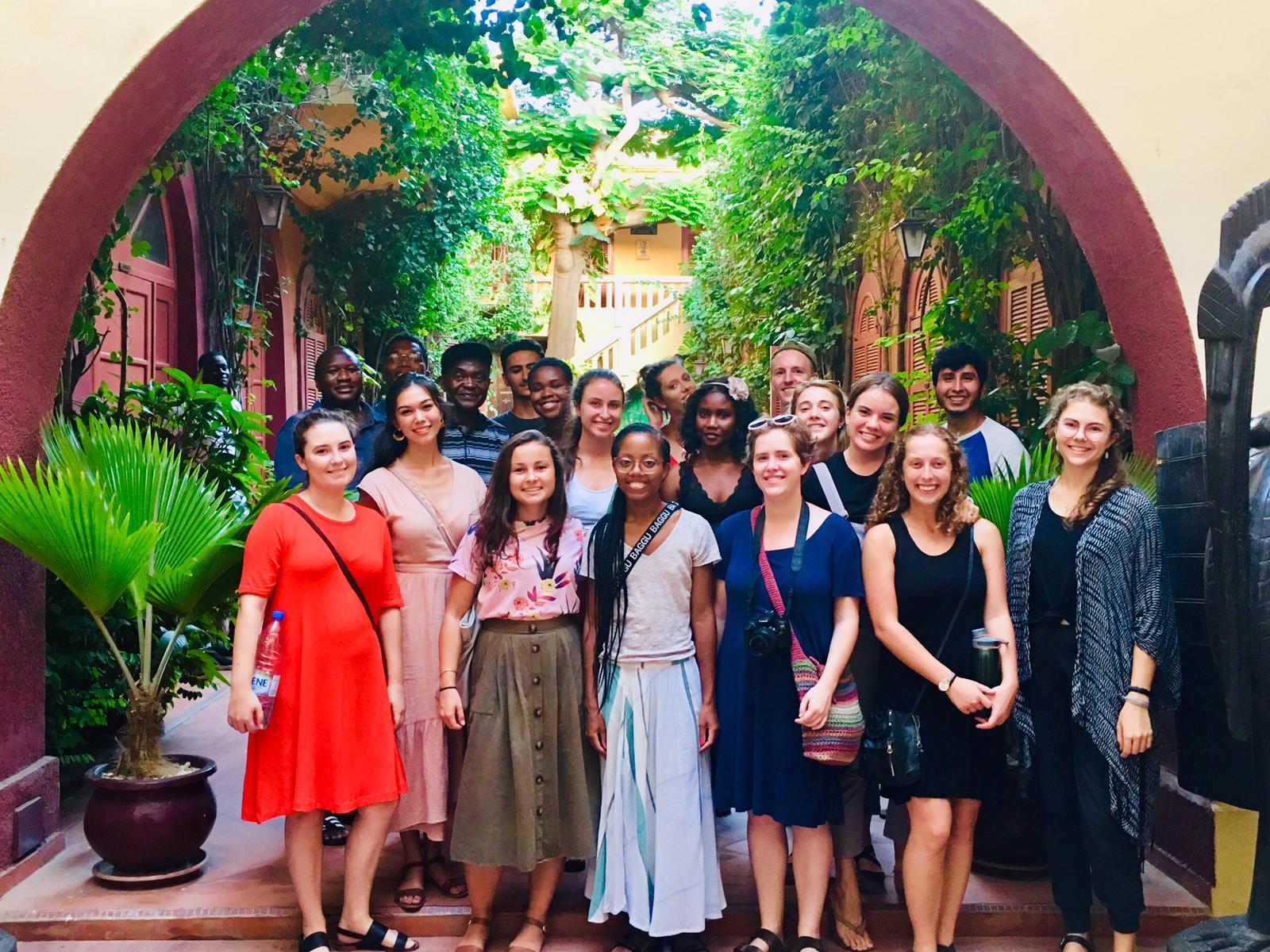An Abundance of Injuries: Lessons Learnt From Being Sick Abroad
After finally getting better following two weeks of a series of medical issues, it’s time to talk about being sick abroad. Let’s get right down to it: whether it’s the common cold or a serious infection, being sick abroad just plain sucks. Feeling ill anywhere in the world isn’t pleasant, but when you’re far from home and the remedies you typically turn to, it can be especially tough.
A brief account of my numerous injuries:
- A few weeks ago, I gave myself a concussion in what might be one of the stupidest ways possible (don’t ask).
- Half a week later, I slipped outside a flooded bathroom and sprained my ankle pretty bad.
- That same day, I started feeling symptoms for a stomach bug which didn’t go away for a week and a half. An urgent care visit resulted in me initially being told I had dysentery and should be hospitalized for three days and receive antibiotics via IV. But, a second opinion a day later confirmed I didn’t have dysentery “yet,” but I did have amoeba #2 of 2019!
Seeing a foreign doctor has its own difficulties. When you’re sick, the last thing you want to do is explain all your symptoms about how awful you feel in French. Mannerisms or the “routine” of what happens during a doctor’s office visit are also unfamiliar. The exam room also holds a doctor’s personal desk which he handwrites prescriptions from; nurses draw blood without wearing gloves; you pay the total cost upfront to be reimbursed via international insurance later. And after visiting medical professionals in France, Morocco, and now Senegal, I’m starting to wonder if talking through procedures and about patients’ concerns is a strictly American habit.
By week 2 of the amoeba, still feeling lingering concussion symptoms, and hobbling around on my sad ankle, I cried. A lot. Lying on the floor in my hot, hot room, while using all my data to binge watch Brooklyn Nine Nine. Upon reflection, it was an absurdly humorous scene of me. But at the time, I felt like I couldn’t do what I came here to do: learn. I thought I would feel like that forever. So why had I come at all?
But that’s the thing about being sick, especially when it lasts awhile: you end up forgetting what it feels like not to be sick. You think everything in the world is awful and that that’s why you’re not happy –– that it’s the heat, that it’s the pollution, that it’s the dust and sand. That life just sucks. But it doesn’t; it’s just that you’re sick. And most sicknesses pass.
Five days of very strong antibiotics later, concussion symptoms gone, and ankle mostly healed, I feel like I’ve come back to life. I even feel better than I had pre-getting sick. I feel more empowered to do the things I want to do in this city, now that I am healthy enough that I can. Dancing on my terrace right before dusk; laughing with my little host sisters while we do “yoga”; sipping ataaya (Senegalese tea) after a filling meal; chatting with my tailor next-door about a dress I want made; watching the waves lap against the beach and pointing out the stars from a rooftop movie night –– there’s a lot Dakar has to offer, and a lot I took for granted my first few weeks here.
So, while the last two weeks were incredibly difficult, I feel grateful for the lessons they taught me:
- Lack of spacial awareness is not a talent you want to have, and you WILL get a concussion.
- Visit a doctor sooner rather than later.
- Patience is key. Take it easy, rest, and be gentle on yourself.
- If you’re unhappy, ask yourself if it’s really because of your external environment. More often, it’s a question of mindset and/or physical pain. This doesn’t mean it’s any less real or important, but it does mean it’s internal and you have to adjust your solution to that reality.





Comments
Post a Comment